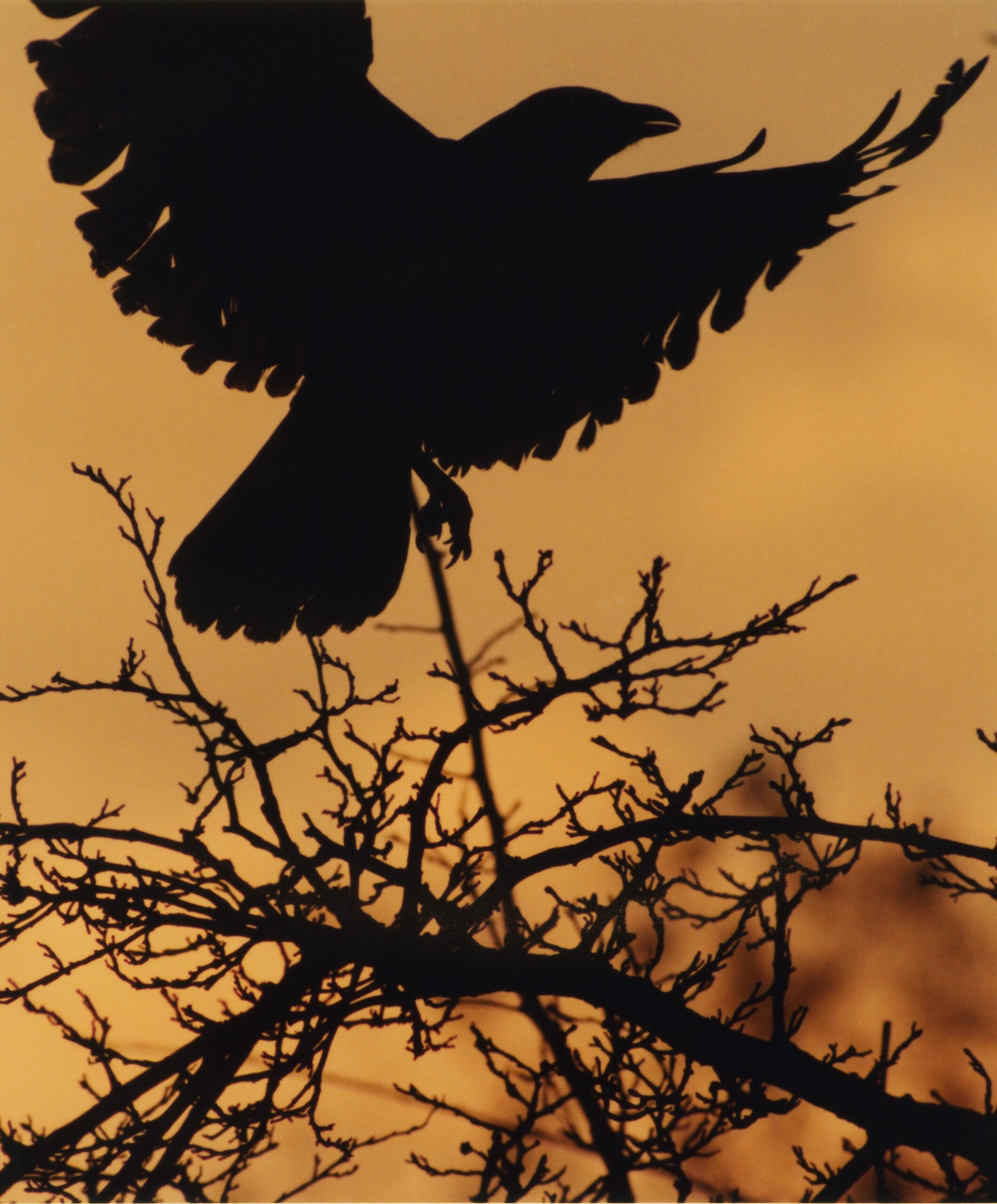
“We need to stop thinking about how to separate ourselves from the natural world,” he said, and instead learn “how to integrate and regain and retain and foster a connection with that world.”
Peters’ words resonated. As Western capitalism began to extract raw materials at shocking rates, Western philosophy extracted human consciousness from the web of life. Nature became something outside of human society—to be used, exploited, or enjoyed in designated parks.
But the pigeons roosting on rooftops prove this separation never really took, as do crows matriculating to university campuses and the raccoons who dare my porch if I leave a trash bag unattended. For those even subconsciously attached to the myth of human domination, this awareness might prompt anxiety, but it also offers hope.
While crow-watching, I met Kelsey Lafferty, the co-leader of Feminist Bird Club South Sound, whose first foray into birding involved watching house sparrows visit a feeder she’d set up on her apartment patio in Brooklyn during the pandemic. Observing the urban birds squabble over food or puff up for warmth “gave me a glimpse of a world that I just didn’t really realize existed,” Lafferty told me. It’s a world accessible to most should they choose to tune in; after all, house sparrows are the most widely distributed bird in the world.
Soon, other birds came to the feeder, too—tufted titmice, morning doves, woodpeckers, a bluejay—and her interactions with them made her feel connected to the nonhuman world in a way she hadn’t since she was a child growing up in Alaska, in what most people would recognize as wilderness.
Now living in a part of Tacoma without much tree cover, she still notices many birds visit her home, including house sparrows, house finches, goldfinches, black-capped chickadees, and, once, an immature bald eagle. She also finds herself more willing to share her space with insects and spiders.
“Honestly, it’s hard for me to describe how much it changed my life,” she said.
Engaging in this sort of backyard naturalism can also, in a small way, resist the colonial legacy of traditional natural history, which saw explorer-scientists under the flags of and guns of imperial powers travel to distant lands to catalog and “discover” species well-known to local Indigenous communities and bring back specimens for museum collections in the metropole.
This is a legacy that the birding community in particular has been wrestling with recently. Seattle Audubon, for example, changed its name to Birds Connect Seattle to distance itself from John James Audubon’s history of slave-holding and knowledge theft from Black and Indigenous sources. Last month, the American Ornithological Society committed to renaming all birds named for people, including Audubon, a Civil War general who helped oversee the Trail of Tears named Winfield Scott, a graverobber of Indigenous people called John Kirk Townsend, and more.
